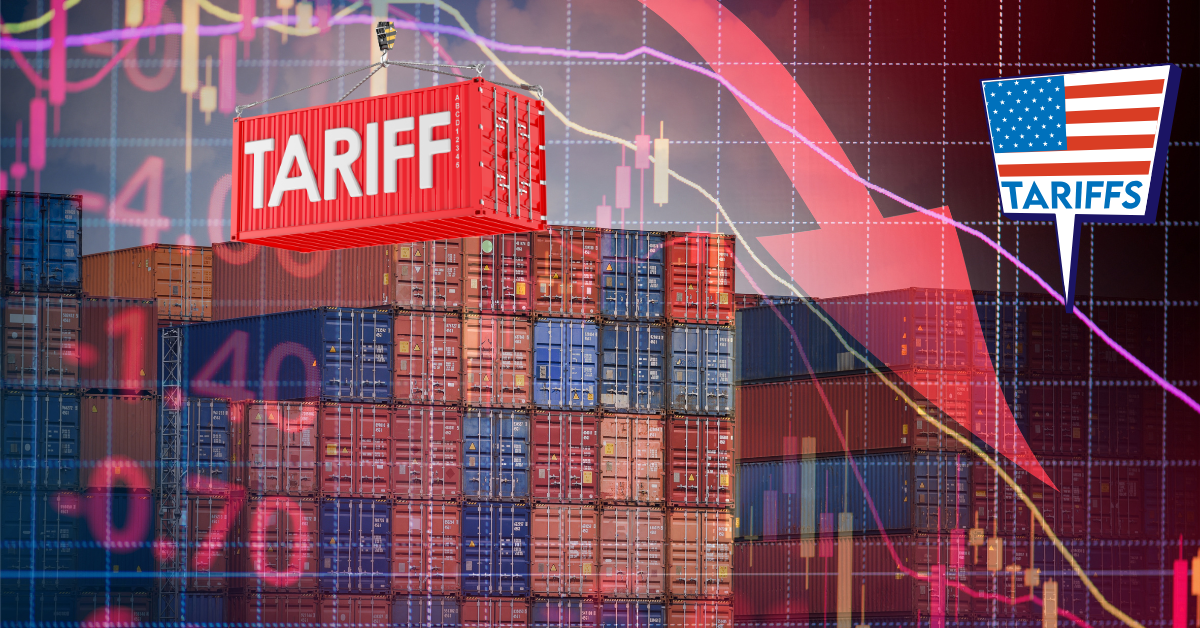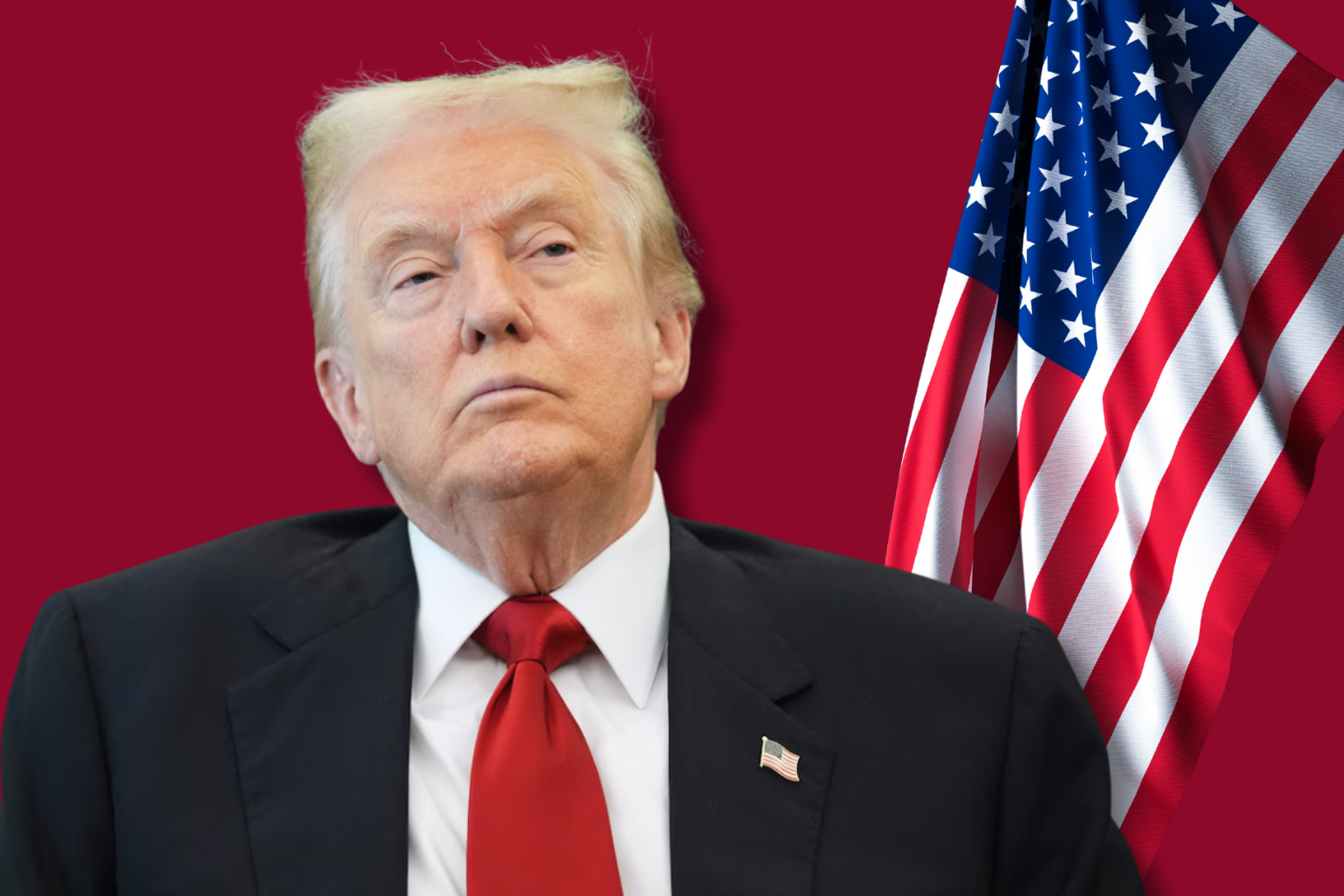Trump Adviser Defends Tariffs Amid Inflation Concerns and Rising Wholesale Prices

Trump’s adviser sticks to the tariff policy even though there are worries about inflation
Despite new government statistics showing wholesale prices growing at the quickest rate in three years, a former Trump adviser has defended the administration’s trade strategy.
BLS reported that the Producer Price Index, which tracks the average change in U.S. producer prices for goods and services, rose 0.9% in July. This number was much higher than the Dow Jones prediction of a 0.2% rise, which has led some to wonder if tariffs are making things more expensive for businesses and, in the end, for consumers.
Navarro Disagrees with Economists About Tariffs
Peter Navarro, Trump’s former White House trade advisor, said on CNBC’s “Money Movers” that tariffs should be seen of as “tax cuts,” not price increases. Sara Eisen, the anchor, asked Navarro about the fact that many economists claim tariffs make prices go up for consumers. Navarro said that this discussion had been going on since Trump’s first term.
Navarro says that most economists have been mistaken in the past when they predicted things, like when they predicted a recession that he thinks didn’t show the real state of the economy. “Who can we trust here?” He asked, “The Trump administration or the economists?” and ignored their warnings about inflation caused by tariffs.
What Tariffs Do to Businesses and Households
Trump has said that tariffs are necessary to safeguard American manufacturing and stop other countries from using unfair trade practices. However, many economists say that these measures are like a hidden tax. Companies that import goods either pay these costs themselves or pass them on to customers, which makes prices go up at stores.
Big companies like Procter & Gamble and Hershey have said that ordinary items, like snacks and cleaning products, could cost more because of the new tariff structure. The Yale Budget Lab says that Trump’s new tariff rates, which went into effect on August 7, may cost the typical American household almost $2,400 a year.
The car sector has also spoken out. For example, Ford thinks its profits will go down this year since tariffs have made the cost of supplies go up.
Reports on inflation and jobs Add to the Debate
The most recent wholesale price data comes at a time when politics are very heated. Even if consumer inflation stayed the same in July, the speed at which wholesale prices are rising has brought up new questions about how Trump’s trade policies will affect the economy as a whole.
Trump fired Erika McEntarfer, the head of the Bureau of Labor Statistics, earlier this month after a bad jobs report indicated that hiring slowed in July and job growth was worse in previous months than what was first reported. The president said the report was “rigged” and then chose economist E. J. Antoni, who has been very critical of the agency, to run it. Antoni has come under fire for saying in the past that the monthly jobs report should be stopped altogether.
A Political and Economic Fight That Goes On
As the presidential contest heats up, the fight over tariffs is certain to stay a big issue. Trump’s campaign keeps saying that tariffs are a way to help American businesses, but critics say that they are really just a levy that Americans pay through increased prices.
The debate over whether tariffs are good or bad for the economy is unlikely to go away anytime soon, especially because inflation is rising and the U.S. job market is showing symptoms of slowing down. While businesses get ready for the full effects of new trade policies, both consumers and politicians will be keeping a careful eye on whether the promised benefits happen or if costs keep going up.




